SIGs & Projects
Browse our Special Interest Groups (SIGs), discover current projects, and meet the teams behind them. Use search and filters to quickly narrow down.
Project controls
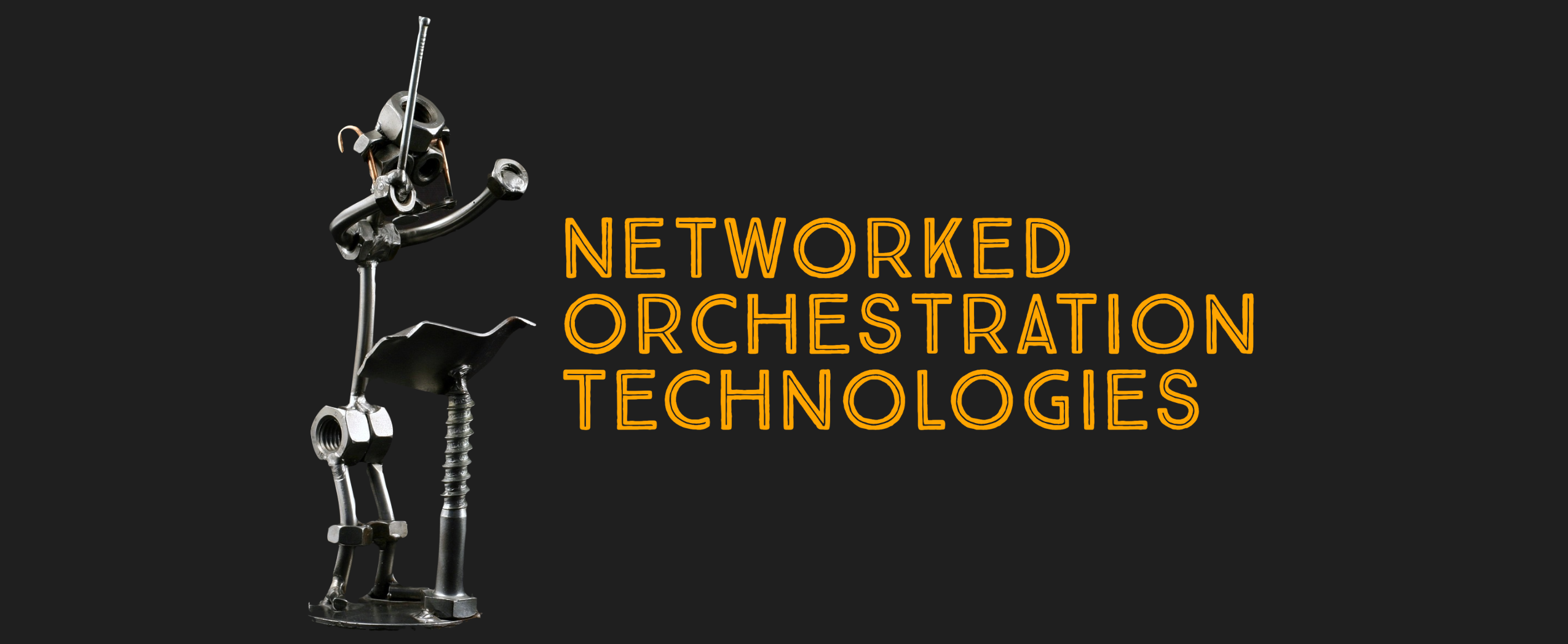
Networked Orchestration Technologies
Today’s work and learning communities have become increasingly networked through the inclusion of a variety of social support structures, agile working processes, and productivity tools that facilitate their members in solving complex, ill-structured problems. While these advances are necessary for supporting complex work, learning how to connect one’s working process with the support opportunities throughout the ecosystem can be challenging for novices since it requires them to continually monitor for their needs, plan strategies to resolve them, and replan as progress on their needs is made. Towards addressing these challenges, this SIG develops technologies that help people develop orchestration strategies for working and learning across the support opportunities present in these complex organizations.
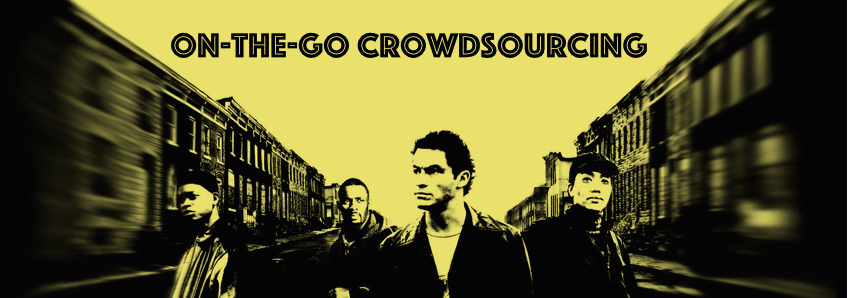
On-the-Go Crowdsourcing
The On-the-Go Crowdsourcing SIG focuses on designing interactions, algorithms and architectures that conveniently leverage people's existing mobility and routines for crowdsourcing and self-sourcing. Projects center around three core areas: (1) enabling large-scale, high-fidelity communitysensing through lightweight interactions (see TapShare, Gaze, and Low-Effort Sensing); (2) empowering community-supported physical tasking through people's existing routines (see CrowdFound and Libero); (3) using location-aware reminders to promote completing tasks at home for oneself (see Micro-reminders). Our research aims to enable physical crowdsourcing systems to tap into the rich daily physical routines of over 100 million on-the-go Americans to better transport goods, map the world in exquisite new detail, and accomplish a broad range of tasks at scale. Our work will lead to a general framework and set of techniques that aim to achieve this by (1) scaffolding individual contributions toward a communal goal, (2) developing computational models and mechanisms that flexibly guide people to appropriate tasks and intelligently manage community participation.
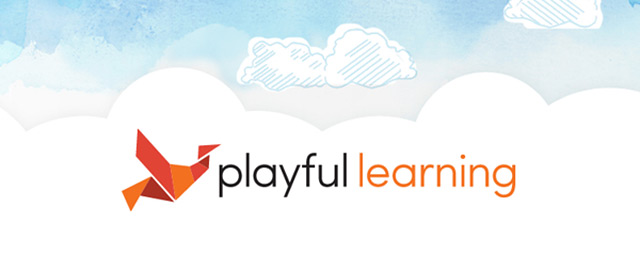
Playful Learning
The Playful Learning SIG focuses on designing, building, and evaluating playful learning environments that encourage people to interact with educational content in new and exciting ways. Projects center around three themes: (1) incorporating playful elements into learning activities to encourage exploration and deep understanding; (2) studying how peers can learn from each other through collaborative and competitive learning activities; and (3) understanding how learning transfers between playful learning activities and more traditional tasks. Our research will build a deeper understanding of how play can encourage and motivate learning, with the goal of producing general principals to guide the design of playful learning environments across multiple learning domains.

Agile Research Studios
Undergraduate research experiences enhance learning and professional development, but providing effective and scalable research training is often limited by practical implementation and orchestration challenges. Agile Research Studios (ARS) is a new socio-technical model for expanding research training opportunities that supports research communities of practice without increasing faculty mentoring resources. ARS integrates and advances professional best practices and organizational designs, principles for forming effective learning communities, and design of social technologies to overcome the orchestration challenge of one faculty researcher mentoring 20 or more students. The DTR program uses the ARS model to improve the quality of learning, produce research outcomes, and lower the barrier to participation while increasing the number of students who receive authentic research training.
Human Learning
Our current interaction with technology is focused only on the output that the computer can deliver, because HCI language and logics are all based on consequentialist beliefs. This focus on immediate output ignores the essential questions of why and how, threatening human capacity for reflective engagement. If HCI continues without questioning its underlying output-focused logic, we risk diminishing the very qualities that make us human.
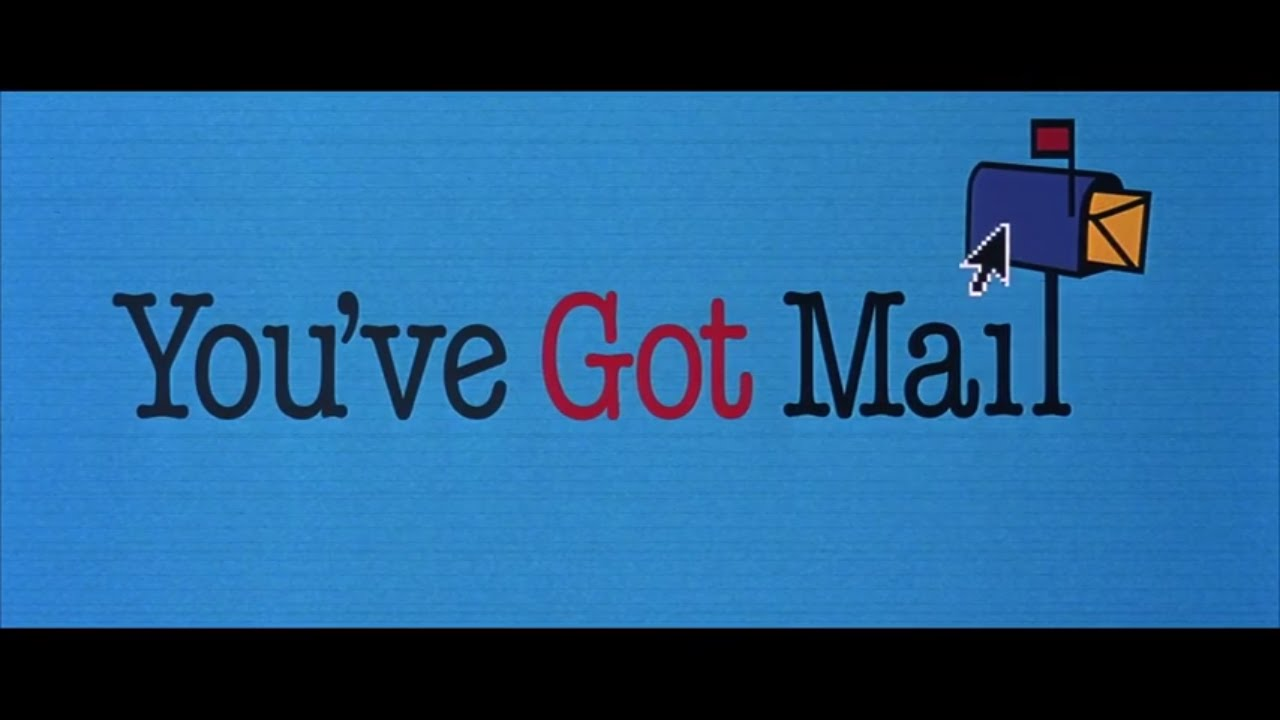
Opportunistic Collective Experiences
Designing Opportunistic Interactions to Connect People at Distance

Readily Available Learning Experiences
After completing programming courses, students encounter barriers when trying to contribute to open source and professional projects. Students may have the knowledge to develop an application, but knowledge gaps such as knowing which tool is the right tool to use can keep a student from applying their skills where a need exists. We propose research to bridge gaps in knowledge and overcome lack-of-experience barriers with a two-prong approach: Programming with a Purpose (PWAP) and Readily Available Learning Experiences (RALE). PWAP provides students with an opportunity to learn production-quality development practices while fulfilling the coding needs of actual clients. RALEs help students and professionals to overcome knowledge gaps that prevent them from developing high quality software products. Through participation in PWAP and RALEs, we hypothesize that students can gain tangible project experience and eliminate barriers to production-quality development.

Breaking Boundaries
Breaking Boundaries focuses on exploring novel interactions and connecting people in unusual and unexpected ways. The goal of this SIG is to redefine the boundaries of what is possible in our everyday interactions and ways of doing. Example projects aim to empower interactions that (a) share real-world collective experiences as readily as we would share information via social media today; (b) provide personalized action plans for novice web developers as they embark on their first personal project; (c) allow developers to prototype mobile apps in low fidelity, but still test them outside of the lab in realistic scenarios; (d) blur the lines between physical and virtual reality; and (e) connects strangers through sharing of secret information about their community.
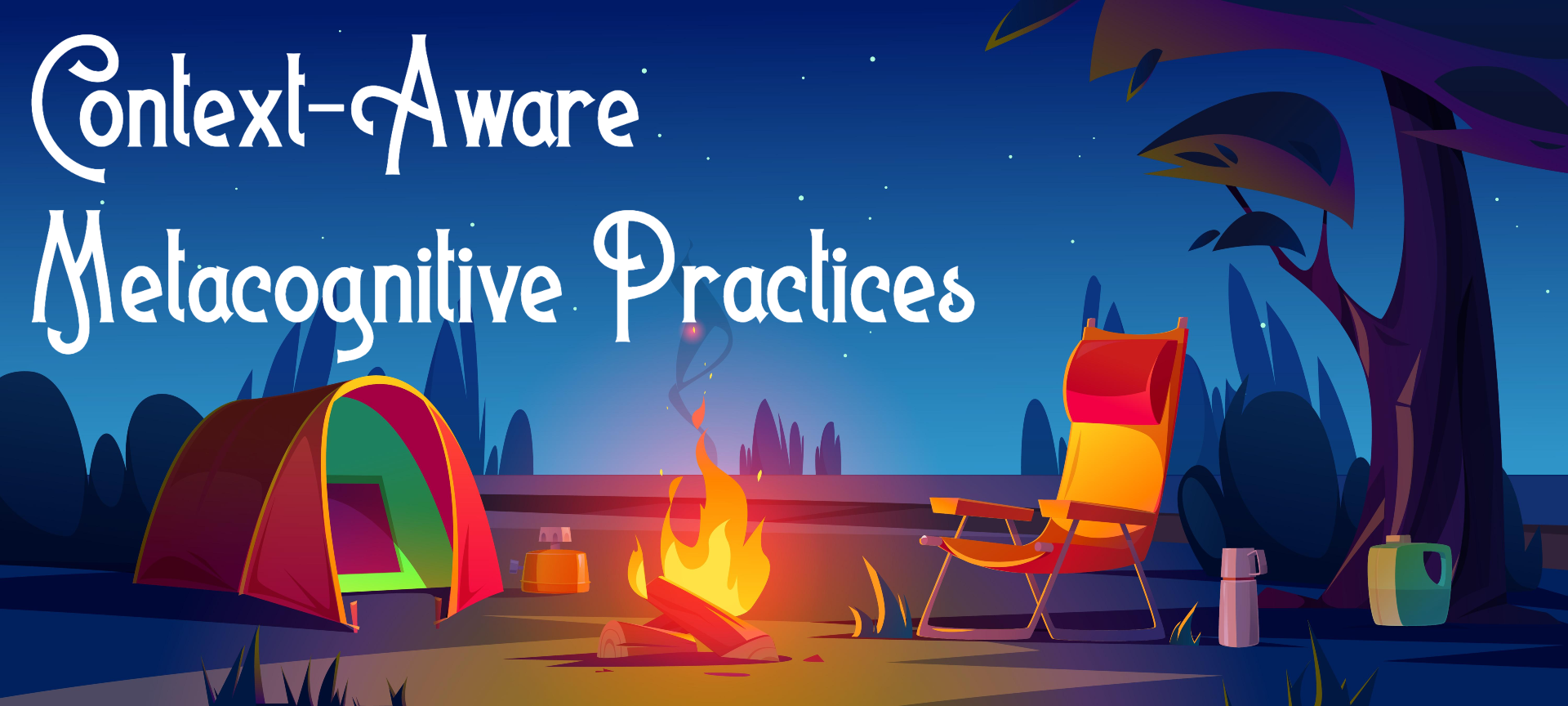
Context-Aware Metacognitive Practices
Learning how to program is hard, and many students in introductory computer science courses struggle to overcome programming challenges on their own. These students are unsatisfied with their performance on assignments, but don’t know how to identify ineffective actions in their process, reflect on the root causes for these actions (ex: impostor syndrome, low self-efficacy, low sense of belonging), or recognize potential obstacles. Without adopting solutions that address ineffective actions, their root causes, and obstacles, they will continue to struggle in CS.
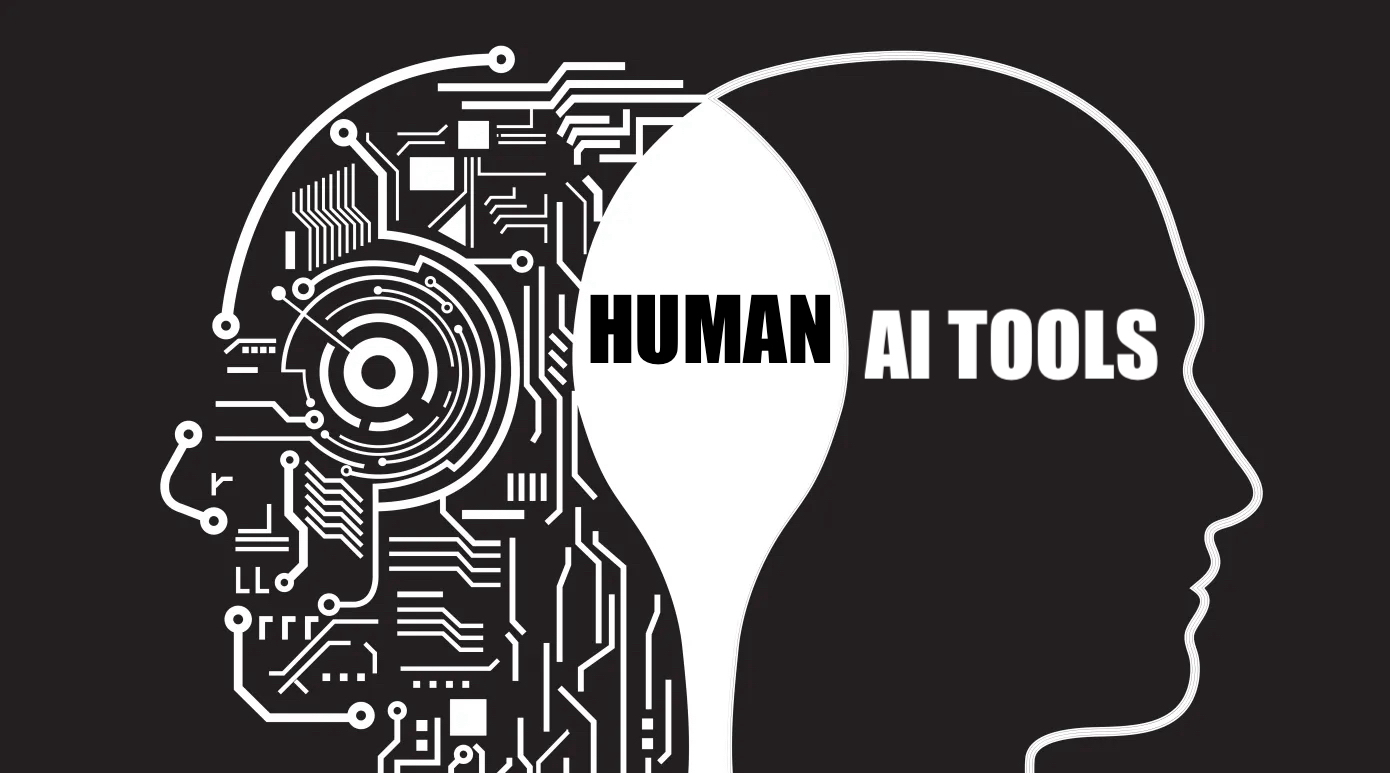
Human-AI Tools
How can we imbue machines with a deeper understanding of human situations and contexts, and the interactions they afford? Despite significant advances in machine sensing and machine learning technologies—and the availability of rich APIs for creating AI-powered applications—it remains difficult for designers to express their concept of a human situation (e.g., places to hold a private conversation; good places to take a bike ride with young children) to machines so that applications can be aware and responsive to the situation across a variety of distributed contexts. Failing to do so could result in costly errors, violate safety and privacy, or lead to inequitable access to AI supported experiences. To fill this gap, this SIG's projects advance new human-AI expression tools that support designers using their understanding of human situations to construct machine representations using available context features.

Situational Crowdsourcing
The Situational Crowdsourcing SIG focuses on designing, building, and testing technologies to use crowdsourcing and crowdsourced data to improve specific situations and routines through new forms of interaction. Projects center around three concepts: (1) habitsourcing, which is the idea of helping people develop personal habits through immersive experiences while leveraging habits as data collection opportunities; (2) physical games with a purpose, which creates new forms of affordance-aware physical gameplay that is powered by crowdsourced data and that collects additional data as a side-effect of physical interactions with objects in an environment; (3) spectator-sourcing, which engages live spectators at sporting events to provide tailored motivational support to athletes when they need it the most, and to help coaches understand trends in their players and during live games.